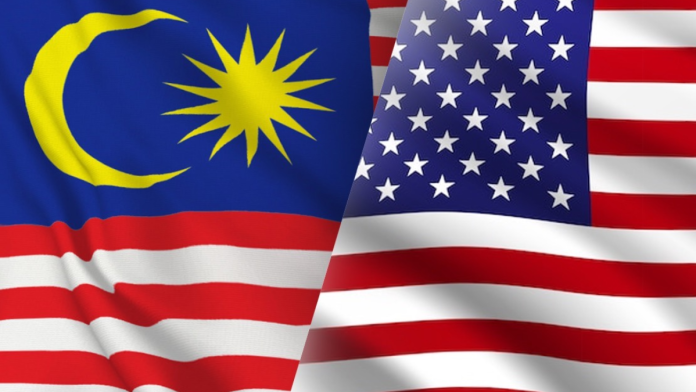Malaysia is taking a bold step to improve its trade relationship with the United States. In a significant new agreement, the Southeast Asian nation has committed to spending up to $150 billion over the next five years on high-tech equipment and energy supplies from American companies.
This major move comes as part of a wider deal between the two countries to ease tariff tensions, boost cross-border investments, and support key industries such as semiconductors, aerospace, and data infrastructure.
The semiconductor industry is vital for producing chips used in everything from smartphones to cars. Aerospace includes aircraft manufacturing and maintenance, while data centres power digital services and cloud storage. By investing in these areas, Malaysia aims to grow its high-tech capabilities.
Malaysia Makes Big Move to Strengthen U.S. Trade Ties
The announcement was made by Tengku Zafrul Aziz, Malaysia’s Minister of Investment, Trade and Industry, during a session in parliament. He confirmed that this multibillion-dollar commitment aims to avoid harsher trade measures and support the country’s technology-driven growth.
🇰🇷 Tariff victory, domestic defeat — South Korea’s silent service sector collapse
As part of the deal, Petroliam Nasional Berhad (Petronas), the national energy company, will purchase liquefied natural gas (LNG) worth $3.4 billion annually from the United States. On top of that, Malaysia has pledged $70 billion in investments into American businesses and projects over the next five years.
This comes as a response to the U.S. announcement that a 19% tariff will be imposed on Malaysian goods starting August 8 — a figure lower than the previously threatened 25%. The agreement aims to reduce the growing trade gap, as the U.S. registered a $24.8 billion goods trade deficit with Malaysia in 2024.
Tengku Zafrul called the outcome “reasonable” and stated that it reflects the strength of the offers made during recent negotiations.
👉 One deal, 15% tariff, and a trade war averted — inside the EU–US pact
The 25% tariff threat was part of a broader review by the U.S. to address trade imbalances. Malaysia engaged in weeks of back-and-forth talks with Washington, offering incentives and investment commitments. These efforts led to the final agreement that brought the tariff down to 19%, easing concerns among Malaysian exporters.
U.S. to Get Increased Access to Malaysian Market
The deal also gives the United States more freedom to trade in Malaysia. The country will reduce or eliminate tariffs on 98.4% of U.S. imports, making it easier and cheaper for American businesses to sell their products in the country.
In addition to tariff cuts, Malaysia will remove non-tariff barriers that had previously limited foreign business operations. One of the key changes is the removal of a rule that required U.S. tech companies, including social media platforms and cloud service providers, to give part of their revenue earned in the country to a local government fund.
This is expected to attract more digital and cloud-based companies from the U.S. and encourage long-term investments in Malaysia’s fast-growing tech ecosystem.
Some Products Get Relief, But Risks Remain
As part of the trade talks, Malaysia secured tariff exemptions for pharmaceuticals and semiconductor exports. This means these items can be exported to the U.S. without paying extra import taxes.
However, Tengku Zafrul Aziz warned that semiconductor chips may still be subject to additional tariffs under U.S. laws that allow such measures based on national security concerns. These rules could affect future trade flows depending on how policies evolve.
Malaysia is continuing discussions to secure tariff cuts for key commodities such as rubber, cocoa, and palm oil, which are among the country’s major exports.
Both countries are now working to finalise a joint statement to confirm the details of the agreement after weeks of intense negotiations.
